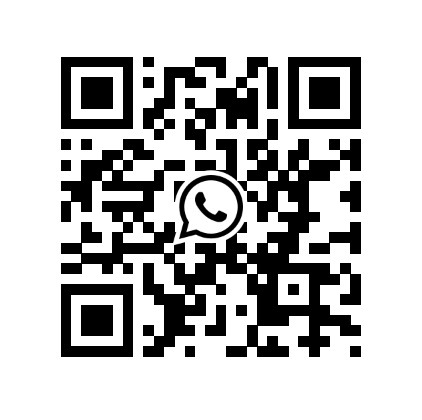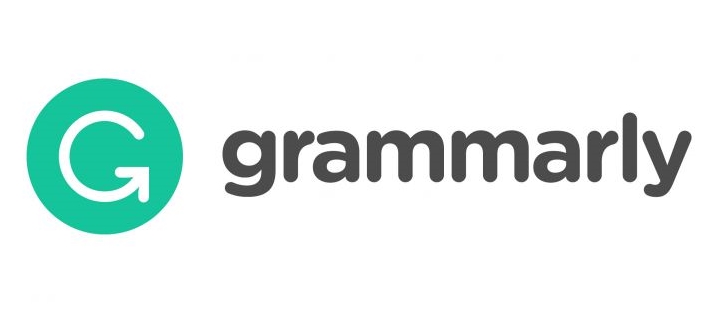Publication Ethics
Jurnal Ekonomi dan Bisnis Islam (JEBI) is a journal collaborating with Bestari published twice a year both printed and online by the Faculty of Islamic Economics and Business Islamic Islamic University of Jember, Indonesia. This statement describes the ethical behavior of all involved parties publishing process including the authors, Editorial Board, Mitra Bestari, and Publisher. This statement is based on COPE’s Best Practice Guidelines for Journal Editors.
Publishing Guidance Ethics
Article publishing in Jurnal Ekonomi dan Bisnis Islam is an important process in the development of coherent and respectable knowledge. It is a direct reflection of authors’ work quality and institutions that support them. The reviewed articles contain and support scientific methodology. Therefore, it is important to agree on expected standards of ethical behavior for all involved parties in the publishing process including authors, journal editors, Mitra Bestari, publisher, and society.
Faculty of Islamic Economics and Business Islamic University of Jember as the Jurnal Ekonomi dan Bisnis Islam (JEBI) publisher is responsible for overseeing all the publishing stages seriously and recognizes the ethical responsibility and other responsibilities. The institution ensures that any advertisement and other commercial incomes have no impact or influence on the editorial decisions. Besides, it also helps to communicate with other journal publishers if it is useful and necessary.
Publishing Decision
The editors are responsible to decide which submitted articles must be published. The validation of these works and their importance for the authors and readers should support that decision. The editors are guided by the journal editorial board’s policy and limited by law covering libel, copyright, and plagiarism. The editors can discuss with other editors or assessment team to decide the policy.
Fairness
The editors always assess the manuscript based on their intellectuality regardless of race, gender, sexual orientation, belief, ethnics, nationality or political philosophy of the authors.
Secrecy
The editors and editorial staffs are forbidden to disclose any information related to submitted manuscript to anyone other than to the authors themselves, senior editors, mitra bestari, and publisher.
Notice and Conflict of Interest
All unpublished content written in the manuscript is forbidden to use on the editor's’ own research without any confirmation from the author.
Contribution to Editor’s Decision
The Mitra Bestari’s assessment helps the editors to make the editorial decision and through communication between editorial and author, it can help the author to improve his/ her article.
Pace
Each selected assessor who does not feel qualified to assess research published on a manuscript or knows that his/ her assessment requires much longer time, so he/ she must tell the editors and draws him/herself back from the assessment process.
Secrecy
Each accepted manuscript which is assessed must be treated as a confidential document. It should not be shown or discussed to other people without the editor’s authority.
Objectivity Standard
The assessment should be conducted objectively. Personal criticism of the author is not justified. The assessors should express their views clearly using supporting arguments.
Reference Recognition
The assessors should identify the relevant published article which has not been cited by the author. Every statement of observation, derivation, or argument that has been reported before must be accompanied by the relevant citation. An assessor should also ask the editors to give attention to the similarity or overlapping among the manuscripts that have been assessed and published.
Notice and Conflict of Interest
The confidential information or argument which is obtained through Mitra Bestari’s assessment must be kept secret and forbidden to use for personal purpose. The assessors cannot assess a manuscript in case they have a conflict of interest (both competitive and cooperative or other interests) with any authors, companies, or institutions that involve in the manuscript writing.
Reporting Standard
The author should present an accurate report of his/ her article and objective discussion about his article's significance. The basic data should be presented accurately. An article should cover enough detail and reference to permit others to have the same research. The fraudulent statements or intentionally inaccurate reports constitute unethical behavior and unacceptable.
Originality and Plagiarism
The authors should ensure that they have written their original article, besides, they have to cite correctly if they take others' articles or words.
Double Publishing, Repetition or Coincidence
Generally, an author is not allowed to have the same publication which has similar research focus on more than one journal or main publisher. Submitting the same manuscript to more than one journal coincidentally is considered as unethical behavior and unacceptable.
Reference Recognition
Fair recognition of others' work is a must. The authors should cite an influential publication to determine the nature of the work being reported.
Authorship
The authorship should be limited to those who have given an important contribution to conception, design, execution or interpretation of the study being reported. All people who have given important contributions should be listed as a co-author. If there are some people who participated in certain important aspects of the research project, they should be acknowledged or listed as contributors. The proper author must ensure that all of the co-authors are written in the article and that all co-authors have seen and approved the final version of the paper and have agreed to its submission for publication.
Notice and Conflict of Interest
All the authors must notify in their manuscript about any financial conflict or other substantive conflicts that may affect the result or interpretation of their manuscript. All financial support for the project must be notified.
The Basic Error in Journal Publication
If the authors find an error in their publication, then it is their responsibility to promptly notify the journal editor or publisher and cooperate with the editor to retract or correct their article.








